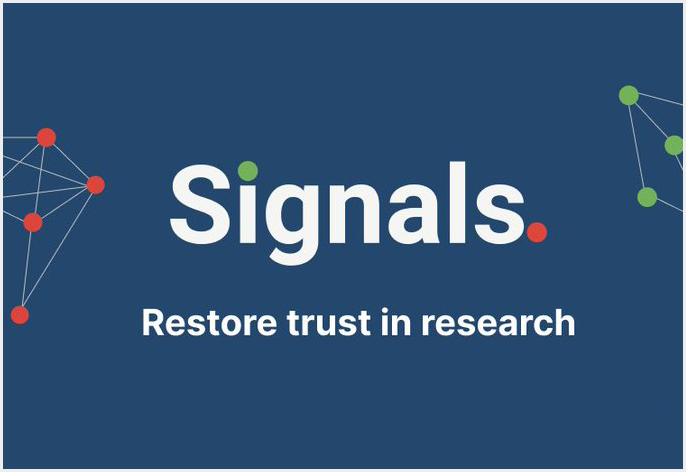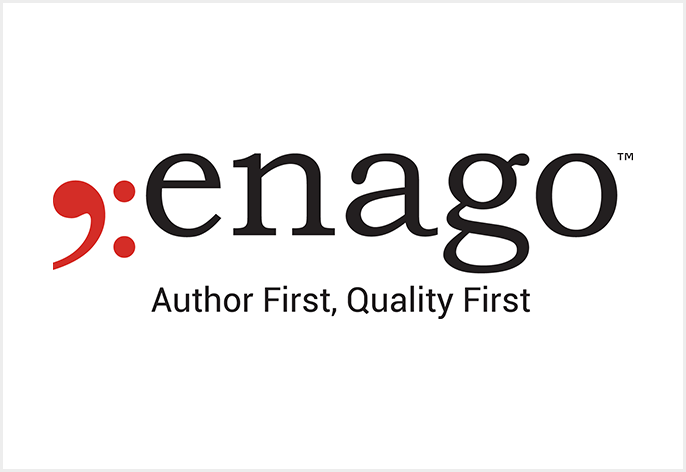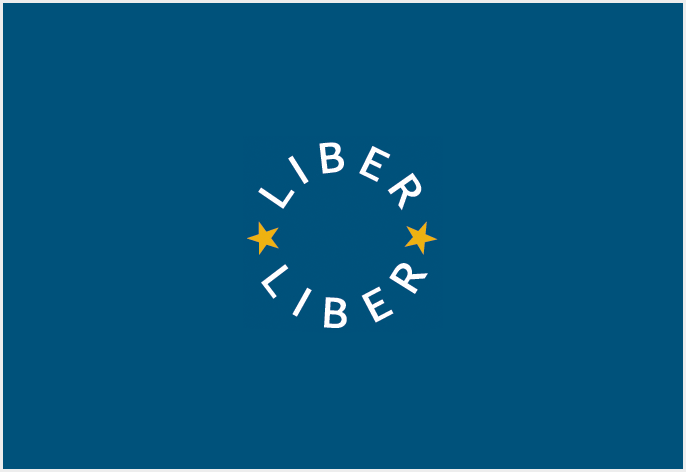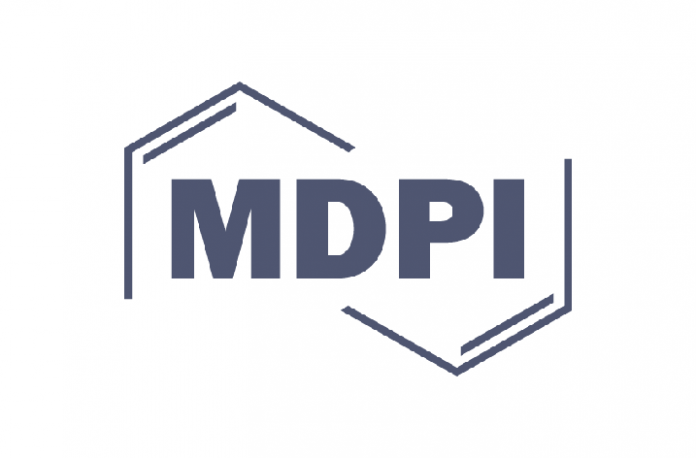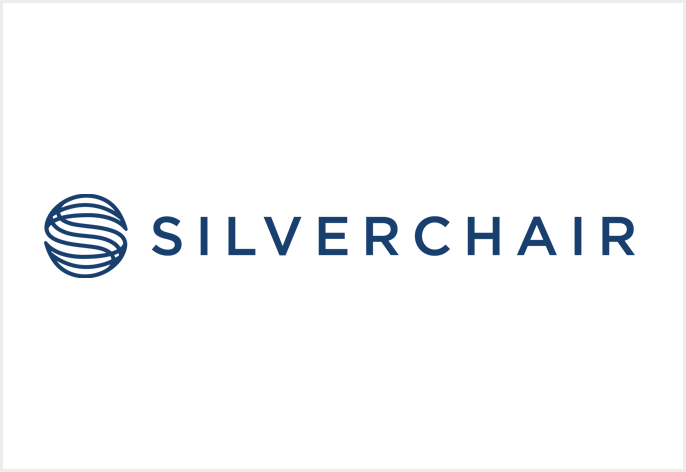IEEE, the world’s largest technical professional organization advancing technology for humanity, announced today that its journals once again excelled in the journal citation rankings according to the latest Journal Citation Reports™ (JCR) from Clarivate Analytics and CiteScore™ metrics by Scopus, both released in June 2025. The latest results demonstrate a collective and consistent high-level of performance across IEEE publications in a wide range of technologies in both open access and hybrid journals. In addition, several IEEE journals were ranked at the top of their respective fields.
Journal Rankings by Impact Factor
Journal Impact Factor™ (JIF) is widely used by many in the technical community to compare the impact of scholarly research journals. Journal Impact Factor calculates the average number of times articles from a journal published in the past two years have been cited in the JCR year. In the most recent JCR, a wide range of IEEE publications were among the most-cited journals in multiple categories:
- 24 of the top 30 journals in Electrical & Electronic Engineering
- 23 of the top 30 journals in Telecommunications
- 9 of the top 20 journals in Computer Science, Artificial Intelligence
- 5 of the top 10 journals in Computer Science, Information Systems
- 3 of the top 5 journals in Imaging Science
- 3 of the top 5 journals in Automation and Control Systems
- 3 of the top 5 journals in Computer Science, Cybernetics
- 3 of the top 5 journals in Computer Science, Hardware & Architecture
Top Ranked Journals in Several JCR Categories
The following are examples of IEEE journals that ranked highly in their respective categories:
- IEEE Communications Surveys and Tutorials – #1 in Telecommunications, #1 in Computer Science, Information Systems (JIF: 46.7)
- IEEE Geoscience and Remote Sensing Magazine – #1 in Imaging Science, #1 in Remote Sensing (JIF 16.4)
- IEEE/CAA Journal of Automatica Sinica – #1 in Automation and Control (JIF: 19.2)
- IEEE Transactions on Cybernetics – #1 in Computer Science, Cybernetics (JIF: 10.5)
- Proceedings of the IEEE – # 2 in Electrical Engineering (JIF: 25.9)
- IEEE Transactions on Pattern Analysis and Machine Intelligence – #3 in Computer Science, Artificial Intelligence; #3 in Electrical Engineering (JIF 18.6)
- IEEE Journal on Selected Areas in Communication – #2 in Telecommunications (JIF 17.2)
- IEEE Wireless Communications – #2 in Computer Science, Hardware and Architecture; #3 in Telecommunications (JIF: 11.5)
Journal Rankings by CiteScore
CiteScore is a widely accepted citation metric developed from Elsevier’s Scopus data. The 2024 CiteScore divides the total number of citations to peer-reviewed articles in a journal in 2021–2024 by the total number of peer-reviewed articles published in the journal over the same period. In the most recent CiteScore report by Scopus, IEEE publications were consistently listed among the most-cited journals in multiple categories:
- 8 of the top 20 publications in Electrical Engineering
- 9 of the top 20 publications in Computer Software
- 8 of top 20 publications in Computer Hardware
- 7 of the top 20 publications in Signal Processing
- 4 of the top 5 publications in Computational Theory and Mathematics
- 3 of the top 5 publications in Automotive Engineering
- 2 of the top 5 publications in Applied Mathematics
- 2 of the top 5 publications in Control & Systems Engineering
- 2 of the top 5 publications in Computer Networks and Communications
Top Ranked Journals in Several CiteScore Categories
Following are examples of IEEE journals that ranked highly in their respective categories:
- IEEE Communications Surveys and Tutorials – #1/970 in Electrical and Electronic Engineering (CiteScore: 86.2)
- Proceedings of the IEEE – #1/239 in General Computer Science, #2/970 in Electrical and Electronic Engineering (CiteScore 71.1)
- IEEE Transactions on Pattern Analysis and Machine Intelligence – #1/665 title in Applied Mathematics, #1/197 in Computational Theory and Mathematics (CiteScore: 35.0)
- IEEE Signal Processing Magazine – #4/665 in Applied Mathematics, #4/183 in Signal Processing (CiteScore: 20.5)
- IEEE Transactions on Evolutionary Computation – #2/197 in Computational Theory and Mathematics, #3/136 in Theoretical Computer Science (CiteScore 23.5)
- IEEE Transactions on Intelligent Transportation Systems – #2/133 in Automotive Engineering (CiteScore: 17.8)
- IEEE Geoscience and Remote Sensing Magazine – #1/198 in Earth and Planetary Sciences, #2/174 in Instrumentation (CiteScore: 27.1)
- IEEE Journal on Selected Areas in Communications – #4/507 in Computer Networks and Communications (CiteScore: 33.6)
“The journal citation rankings are one of several important methods scientists and research professionals use to assess the quality of journals when they are considering where to publish their research,” says W. Clem Karl, IEEE Vice President-Publication Services and Products. “The latest results from Clarivate and Scopus underscore IEEE’s dedication to the integrity of the scientific record and publishing high-quality, breakthrough research that our users can trust. Another key factor in determining where to publish is readership and IEEE disseminates these discoveries to a broad audience of over 10 million monthly users of the IEEE Xplore digital library. I would like to thank all of our many authors, reviewers and editors for their important contributions to help IEEE continue to publish the highest quality and most vital information in the field.”
First Impact Factors for New Fully Open Access Journals
IEEE also announced that five more of IEEE’s recently launched fully open access journals were accepted for indexing by Clarivate and received their first Journal Impact Factors. The
following journals were all awarded their first Journal Impact Factors and accepted into the Web of Science Core Collection™ in 2025:
- IEEE Open Journal of Control Systems
- IEEE Open Journal of Instrumentation and Measurement
- IEEE Open Journal of the Solid-State Circuits Society
- IEEE Open Journal of Ultrasonics, Ferroelectrics, and Frequency Control
- IEEE Transactions on Quantum Engineering
This is in addition to 14 other IEEE fully open access journals that received their first Journal Impact Factors in 2023 and 2024.
Additional Journal Bibliometrics
IEEE also monitors other common bibliometric journal measurements such as Article Influence® Score and Eigenfactor®. Although calculated differently than Impact Factor and CiteScore, IEEE journals rank highly in those additional citation measurements as well:
- IEEE Access, IEEE’s largest fully open access publication, is ranked as the No. 1 journal by Eigenfactor in Electrical Engineering and Telecommunications. IEEE has 8 of the top 10 journals in Electrical Engineering by Eigenfactor Score.
- IEEE Transactions on Pattern Analysis and Machine Intelligence was ranked as the No. 1 journal by Eignefactor in Artificial Intelligence. This was followed by IEEE Transactions on Neural Networks and Learning Systems, IEEE Transactions on Cybernetics and IEEE Transactions on Image Processing, respectively, taking the top 4 of the top 5 spots in the AI category.
- IEEE publishes 8 of the top 10 journals in Electrical Engineering and 9 of the top 10 journals in Telecommunications as calculated by Article Influence Score.
For more detailed information on IEEE rankings and how each bibliometric measurement is calculated, please see the full results.


























